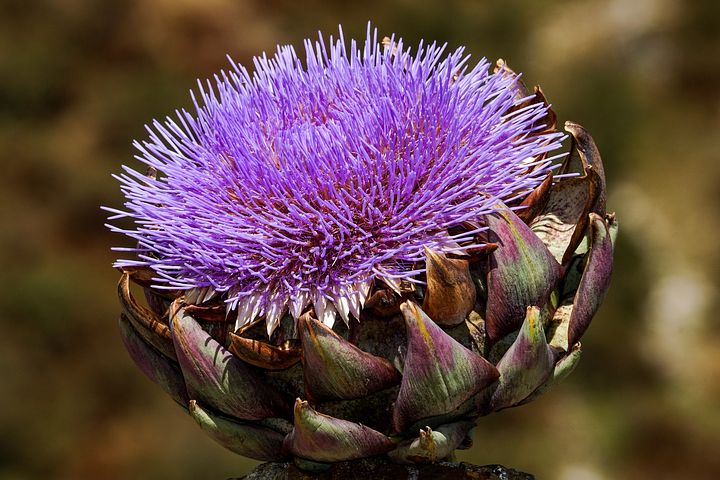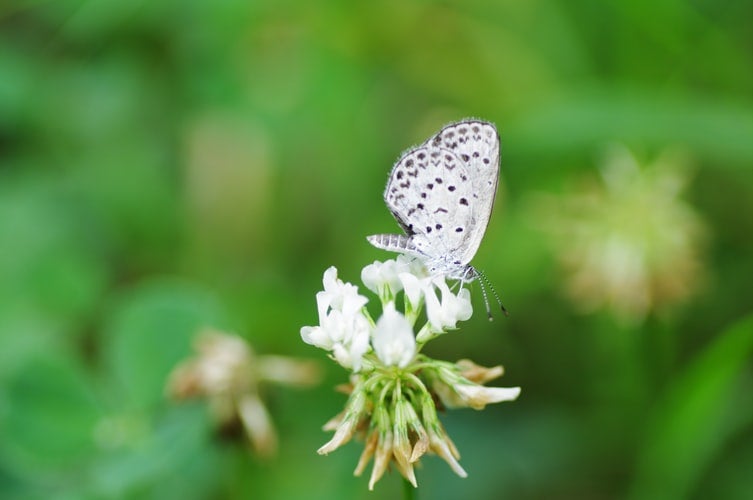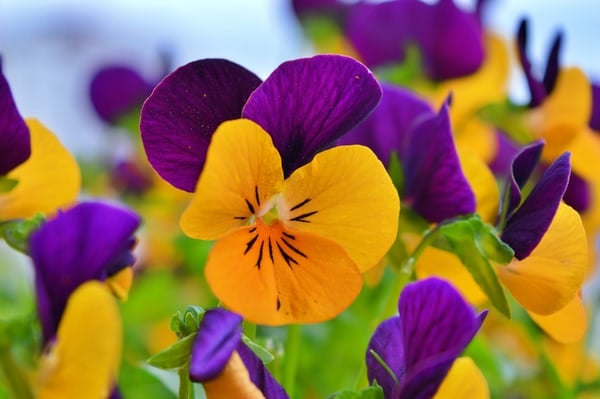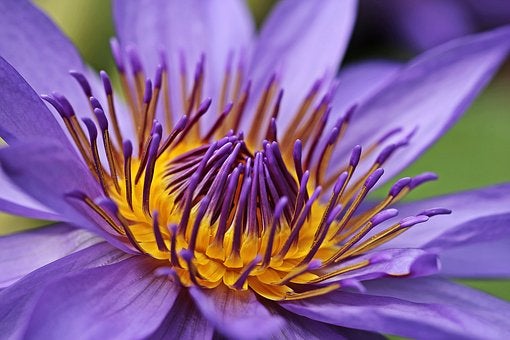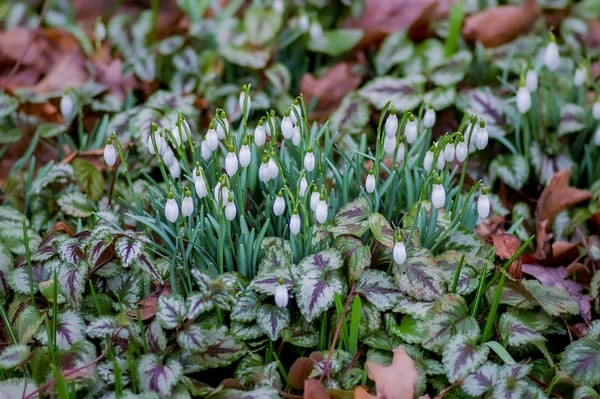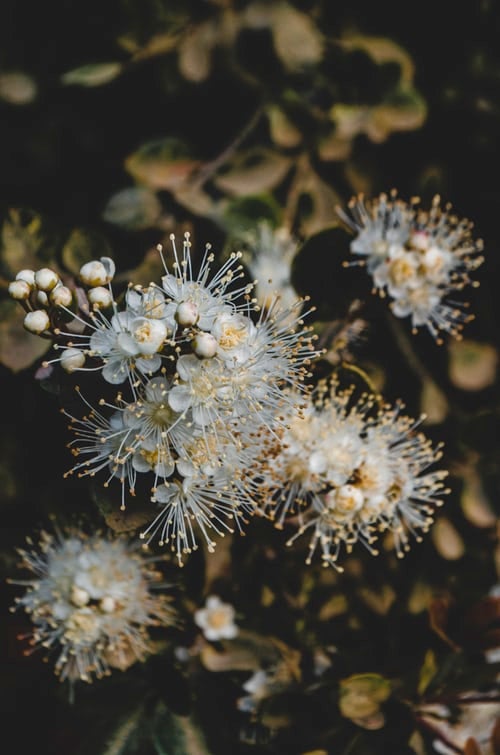Mindfulness and Emotional Intelligence- Part 1
10/28/2021
Emotional Intelligence (EI) refers to the ability to understand and manage our own emotions, as well as to recognize and influence the emotions of those around us. EI has been shown to be a powerful predictor of work performance, and can also be important other settings. There are a number of models of EI. Perhaps the best known is that developed by Daniel Goleman which contains four domains: self-awareness, self-regulation, social awareness, and relationship management (https://hbr.org/2017/02/emotional-intelligence-has-12-elements-which-do-you-need-to-work-on). Emotional intelligence is based in self-awareness, in being aware of emotions as they arise. Mindfulness is key to doing this: when we are mindful, we are paying attention to our present moment experience, including recognizing emotions.
9/27/2021
Each of us is constantly changing. Many of the cells in our bodies turn over every day, with old cells dying to be replaced by new cells. The molecules that make up the cells and fluids in our bodies are also being exchanged. Our bodies today are composed of many different components than yesterday. Our brains are also changing. New neural connections are being established and old connections are being pruned. This even happens in the memory centers in the brain. Our memories are constantly being altered with new information added and details changed. Despite these constant changes, we may tend to think of ourselves as being fixed, and we often try to hold on to a construction of a self that is solid and immutable.
Mindful Eating: An Effective Method for Generating True Health and Happiness
8/18/2021
“The Weight-Loss Industry Is Coming for Our Post-Lockdown Bodies”. This was the title of a recent New York Times article in which the author outlined ways in which the multi-billion-dollar diet industry is devising new tactics to persuade us to buy products that promise quick weight loss and happiness. The problem with restrictive diets and weight-loss products is that, while they may bring about rapid weight loss, they are not sustainable. Most people regain the lost weight and return to mindless eating habits. Furthermore, the weight loss industry seduces us into believing that weight loss, at any cost, is the path to achieving happiness. Worse, they teach us to distrust the very best tool we have; ourselves and our own awareness of what our body wants and needs.
The Benefits of Practicing Awareness When Rushing
7/23/2021
In coming out of a pandemic where life slowed down a bit, have you noticed now all the rushing? How much we rush through life, getting on to the “next” thing? Hurrying through, while attempting to take care of something else? My mother hung a quote on the kitchen wall, “The hurrier I go the behinder I get.” Research seems to indicate this is probably true. Excessive hurrying ends up in worrying. For example, if you are in a fast-paced job and you need to get home at a certain time, you may find yourself hurrying through your day. Yet later, you may find yourself worrying when you get home. Worrying about missing an important detail? Now you find yourself spending more time at home re-checking your day’s work.
6/24/2021
May I be happy. May I be healthy in mind and body. May I be safe and free from inner and outer harm. May I find peace, as my life shifts and changes. The Lovingkindness Meditation is a way to tap into lovingkindness, extending wishes to ourselves for our own wellbeing. Lovingkindness is an innate quality that is already in us all. It can become clouded at times through the culture we find ourselves in and from not feeling “good enough”, whether this comes from within ourselves or from the systems we encounter- media, technology, the current culture of perfectionism or even the style of a work culture. Many of us find it easy to be loving towards others but find it almost impossible to be as kind to ourselves. So, why is it that we are so hard on ourselves?
5/20/2021
“...the time will come when, with elation, you will greet yourself arriving at your own door, in your own mirror… You will love again the stranger who was yourself.” ~Love After Love~ by Derek Walcott As I read these words, I am struck at the lovingkindness message of this poem. It is a poem that we use often in our Mindfulness-Based Stress Reduction classes as we begin together in the journey of self-care. In Saki Santorelli’s book, Heal Thyself, he writes, “within every healthcare practitioner lives the Wounded One; in every patient, every sick and suffering human being, abides a powerful Inner Healer. These are the gifts of being born into this world”. We all carry wounds, scars, misperceptions, and frequently we end up directing harsh judgments at ourselves and others. Yet we also carry within ourselves a powerful inner healer where lovingkindness dwells.
4/9/2021
Often people just want to be heard, to have someone really listen to them. We can do this by listening mindfully, listening and paying attention in the same way we pay attention when we are meditating. When we meditate, we choose an object of attention, like the sensations of breathing, and place our attention there. Then when the mind wanders and we begin thinking, as soon as we notice the thinking, we direct the attention back to the sensations of breathing. As we do this, we can check in with our emotional state, noticing how we are feeling. When we listen to someone else, we can listen in the same way. We can make what they are saying the object of our attention, and notice when we get caught up in the dialogue that often is going on in our heads while we listen, or appear to be listening.
3/22/2021
All of us have core beliefs through which we judge the world. Often they are so ingrained we are not even aware that we have them, they are just the way we see things and think they should be. The most powerful core beliefs often come from recurrent stress or trauma that occurred when we were young. Why is this? Neuroplasticity refers to the ability of our brains to rewire and change. Our brains are very plastic when we are young, and they rewire all the time. When we have recurrent experiences, the connections become more well established, to the point that we aren’t even aware of their influence. As psychologist and meditation teacher Tara Brach has observed, “Although rooted in the past, our core beliefs feel current and true” (True Refuge p. 119).
2/24/2021
By Cawood Fitzhugh, newly certified teacher The training to become certified to teach Mindfulness-Based Stress Reduction (MBSR) is a rigorous and systematic process of courses, retreats and mentoring. All along the way, there is a focus on practice, reflection and self-knowledge. In addition, there is ongoing formative assessment and developmental feedback to support learning and skill development. MBSR is more than just teaching, it is a way of life. The nature of teaching MBSR means that the teacher’s own meditation practice and the way they approach their life matters. This translates to the classroom and to their teaching. There is the possibility of having their way of being and their most cherished values and priorities align with their work and their personal lives in a way that makes a difference in the world.
My Observations About Teaching MBSR
1/18/2021
Now that I am retiring after 17 years as an instructor of Mindfulness-Based Stress Reduction (MBSR) at the UVa Mindfulness Center, I want to share a few observations about my experiences. MBSR is an 8-week course which, as taught at UVa, is open to people from Charlottesville and surrounding communities, as well as to UVa faculty and staff. With the tremendous growth in the popularity of mindfulness over recent years, an increasing number of people bring to class some familiarity with the subject. What many lack, however, is a systematic exploration of mindfulness and its applications in all areas of life—at work, at home, and at play.


